Freshman Tamia Golden, African-American, sat in the public library one day after school during her freshman year studying for her biology test. An older woman who looked to be about 70 years old came up to her and asked Golden to move. Golden didn’t understand why, but she thought the woman needed a place to sit. Golden offered her a seat, and the woman declined.
“I will always remember how, after that, she said she felt uncomfortable sitting by someone who looked like me,” Golden said. “I asked her what she meant, and she said that people with my skin color cause trouble. I didn’t know what to say, so I just got up and found a new place to sit. I couldn’t concentrate on my homework, though. All I could think about was those lady’s words.”
Golden is among the many members of the black community, especially students, who still feel the effects of racism in their daily lives. 2014 will mark the 50th anniversary of the Civil Rights Act of 1964, which outlawed major forms of discrimination against many groups, including racial minorities. The act also ended racial segregation in schools, workplaces and facilities that served the general public. But, after all of that time, cases involving racial issues still occur. Just this year, the U.S. Supreme Court began hearing the case Schuette v. Coalition to Defend Affirmative Action, a policy favoring those who tend to suffer from discrimination. The case discusses whether or not states are constitutionally allowed to ban racial preferences in the admissions procedures of universities.
“It never ceases to amaze me how 50 years after the Civil Rights Movement, Martin Luther King Jr. and The Civil Rights Act, discrimination is still so common,” Vernon Williams, vice president of communications at the Indiana Black Expo, Inc., said.
According to Williams, the Indiana Black Expo’s mission is to be an effective voice for the social and economical advancements of African Americans. The organization also helps African-American youth and families achieve their highest potential and show pride in their ethnicity.
Williams said, “Obviously the situation is much better than it was in the 1960s, but there is still so much more to be done. The reason the Black Expo exists is to fight against this kind of discrimination. I’m thankful I get to help with this organization, but I wish there wasn’t a need for it.”
A study from Aug. 22 conducted by the Pew Research Center shows that 55 percent of all Americans say the country has not made substantial progress toward racial equality. Furthermore, 49 percent of Americans say more needs to be done until racial equality is achieved.
Freshman Jorden Posley, African-American, said she has seen examples of racial discrimination in her daily life. During her eighth grade English class, she saw one boy being bullied because of his skin color.
“His friend would always come in with a new black joke every day,” Posley said. “One day he would walk in and call him ‘slave,’ then ‘blackie’ and more like that. It just kept going on and on. I didn’t know any of them—I just sat in front of them—and so I never knew how he felt about his friend calling him these names. He just laughed it off, or he didn’t say anything. Then one day he just blew up. He told his friend that he didn’t like it, and it was hurtful. He changed seats the next day. I never saw them talk again all year.”
Posley said she thinks sometimes people don’t know they are being hurtful.
“One of the things people can do to stop racial discrimination is to check what they’re saying before they actually say it. They need to ask themselves if what they are saying is going to be hurtful,” Posley said.
Williams said he agrees that people need to double check what they are about to say because it could hurt someone.
“People tend to stick to their beliefs even if you argue with them for hours,” Williams said. “You can give them all the factual information you have, but they are still going to think they are right. It is going to take a long time and a lot of work to change that. I believe that racial equality can still happen, but people need to help with that. They need to put their beliefs aside for a minute and think about what the person they are talking to might think and feel.”
Golden said she cannot wait for everyone to experience equality, no matter their skin color.
“It shouldn’t matter what you look like,” she said. “Everyone should be judged on the type of person they are, not their skin color. I will never forget that day in the library, and I sincerely hope that kind of discrimination will be solved soon. It’s hard to be judged, so you feel like you’ve done something wrong when the reality is you haven’t done anything.”

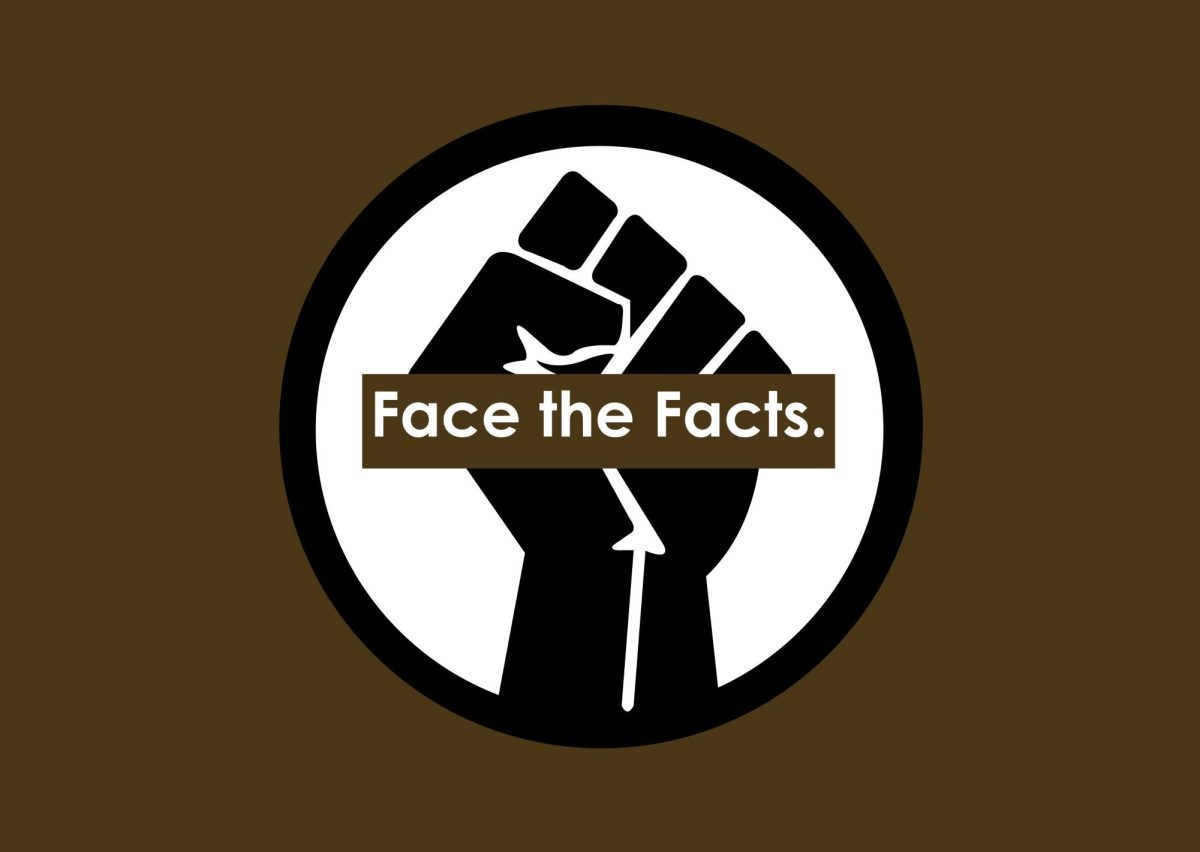








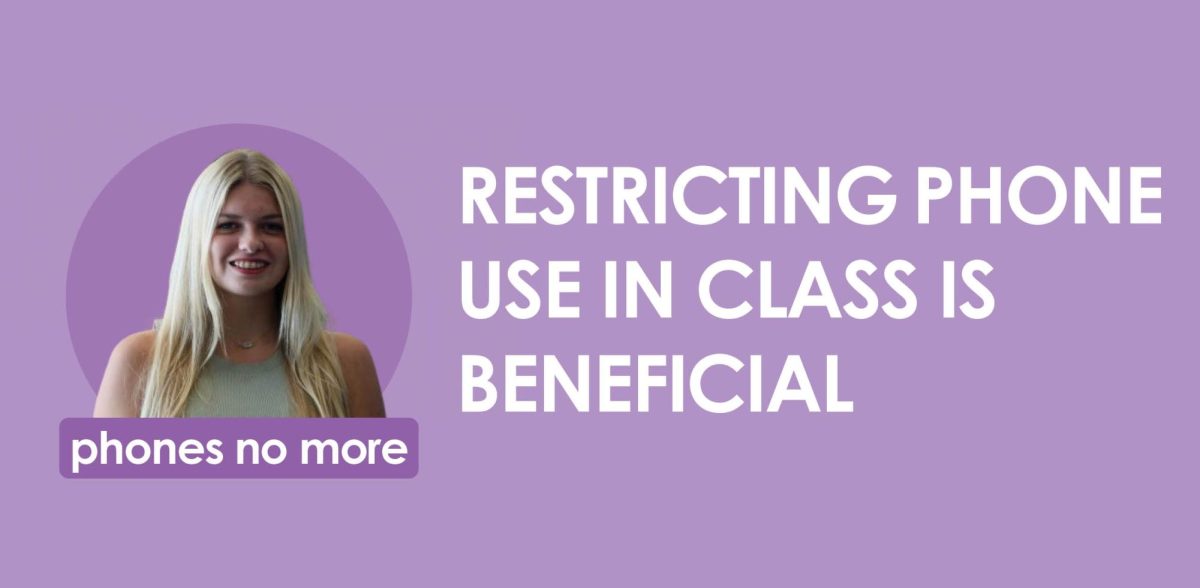
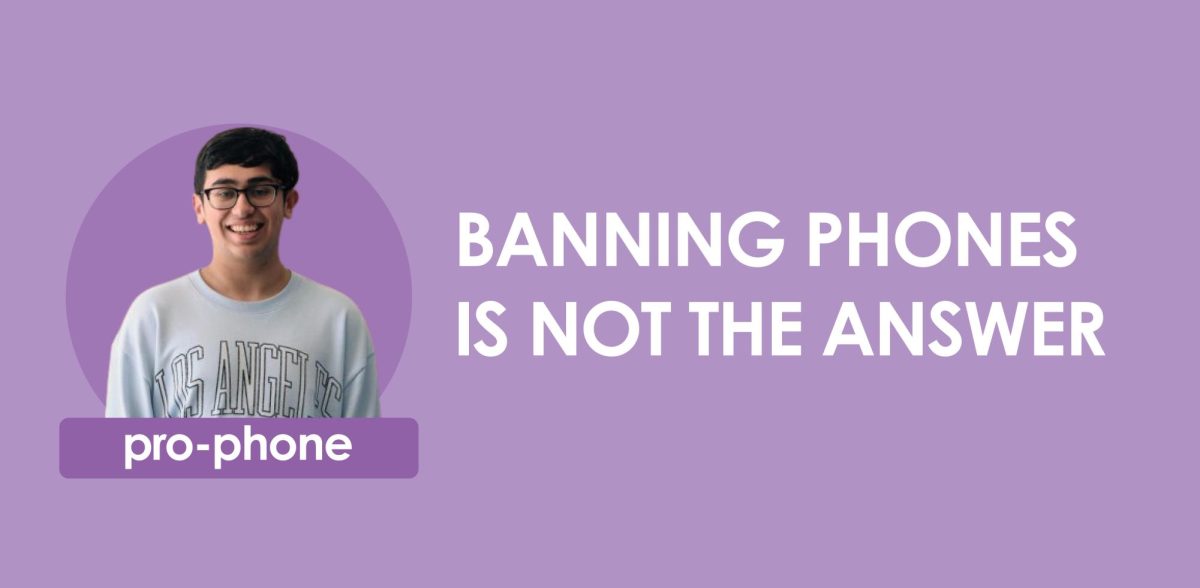








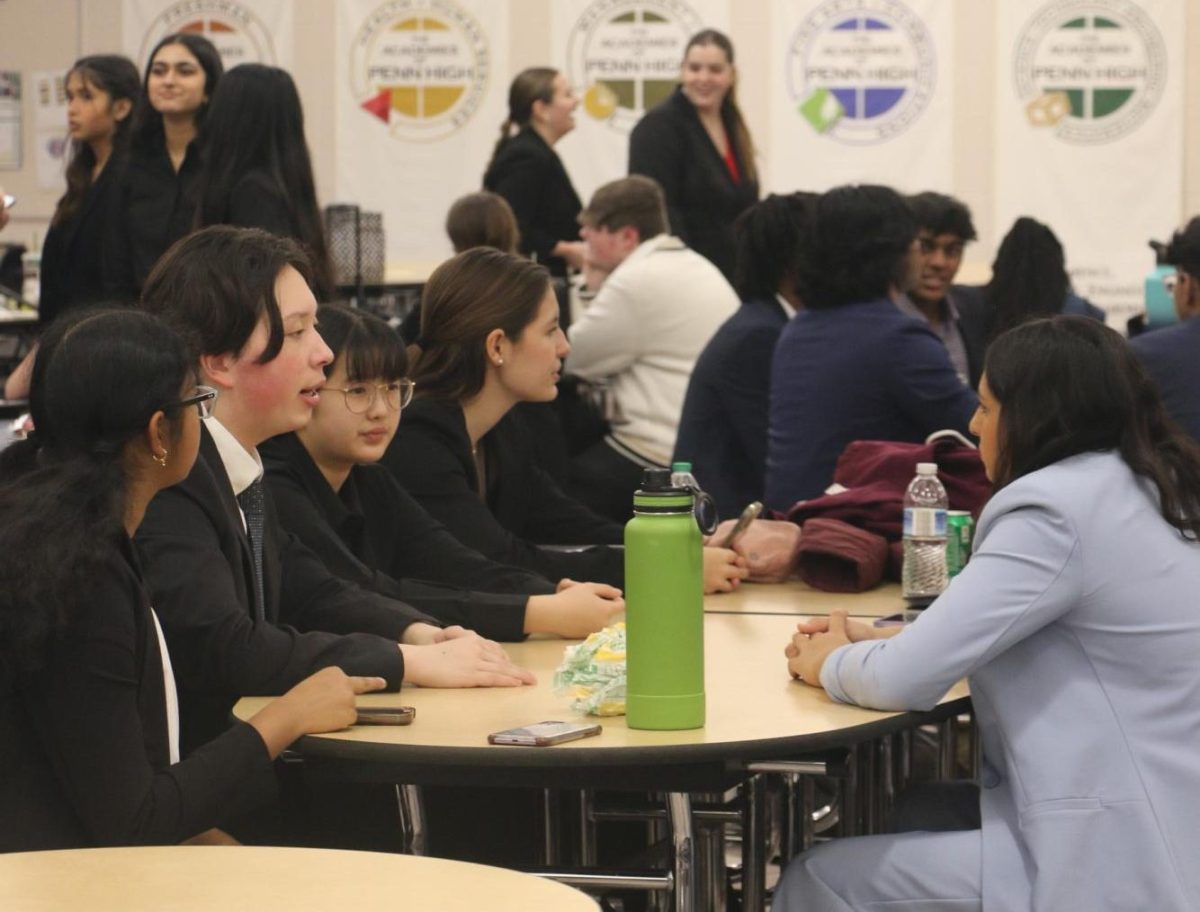









![Family vlogger controversy, need for content reform [opinion]](https://hilite.org/wp-content/uploads/2024/05/Screenshot-2024-05-14-11.33.37-AM-1200x465.png)
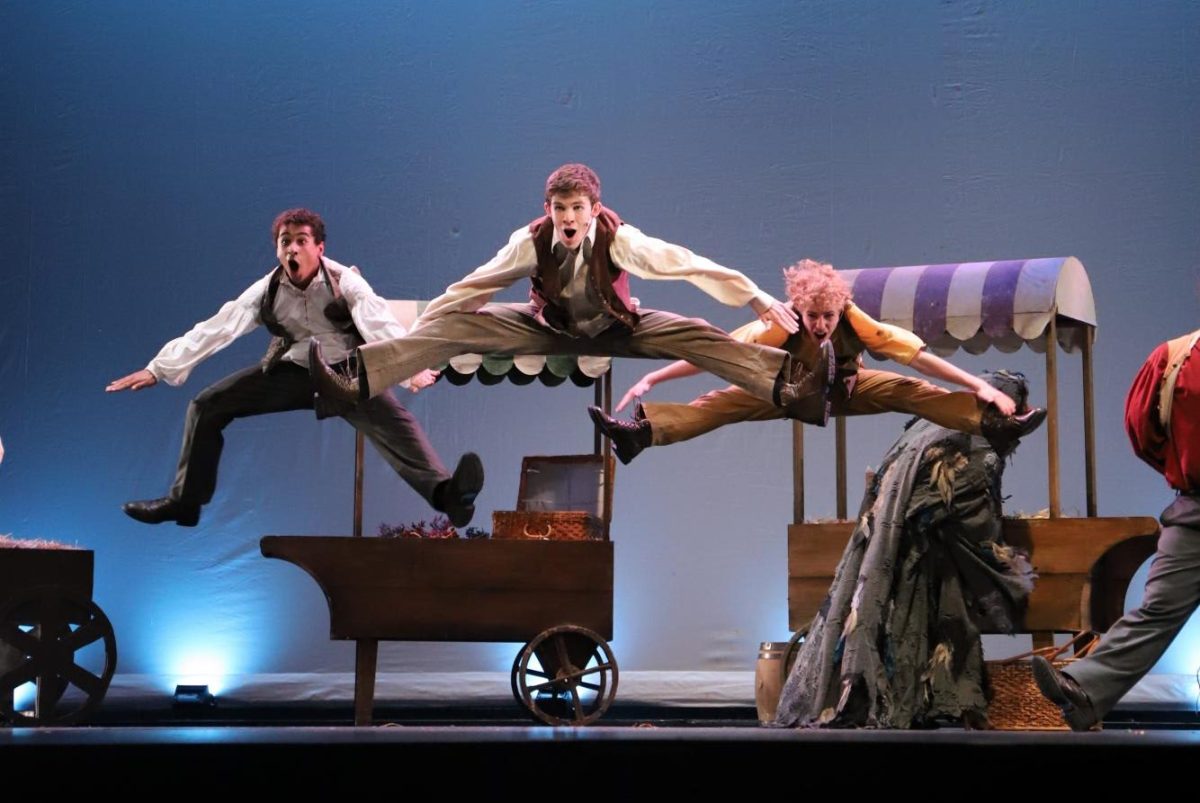
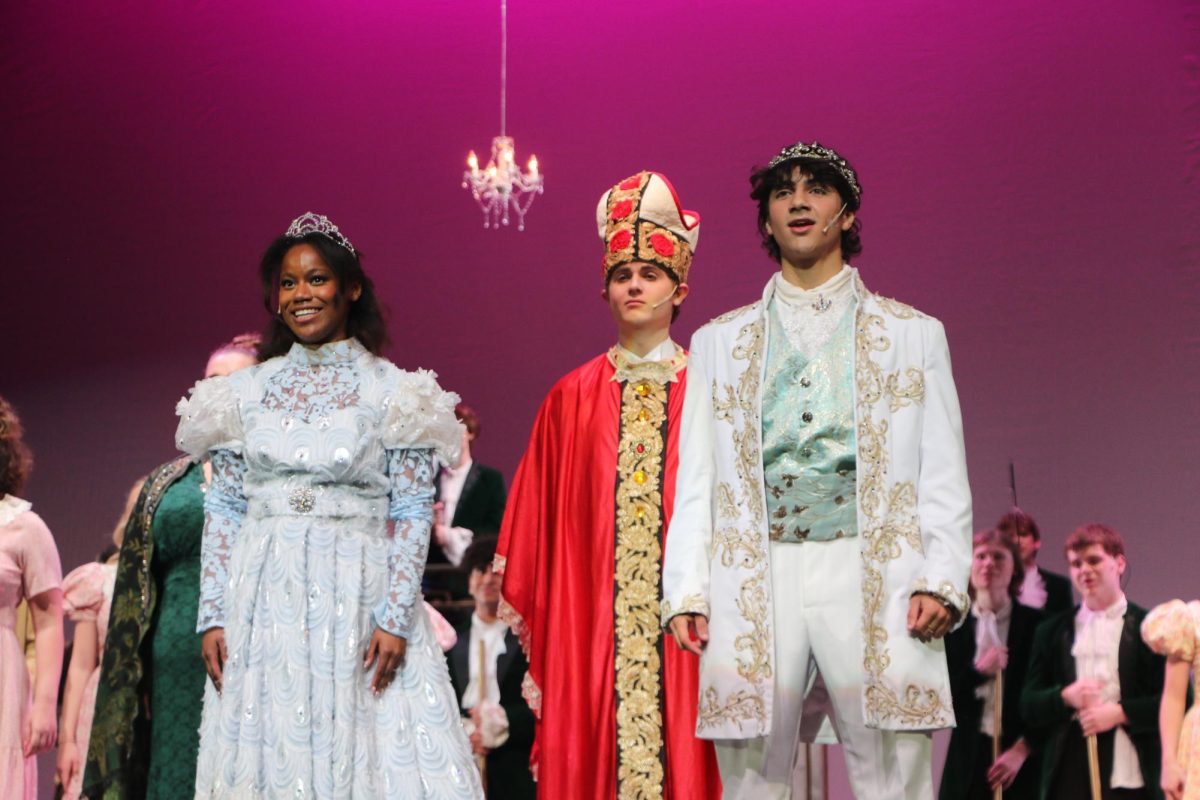

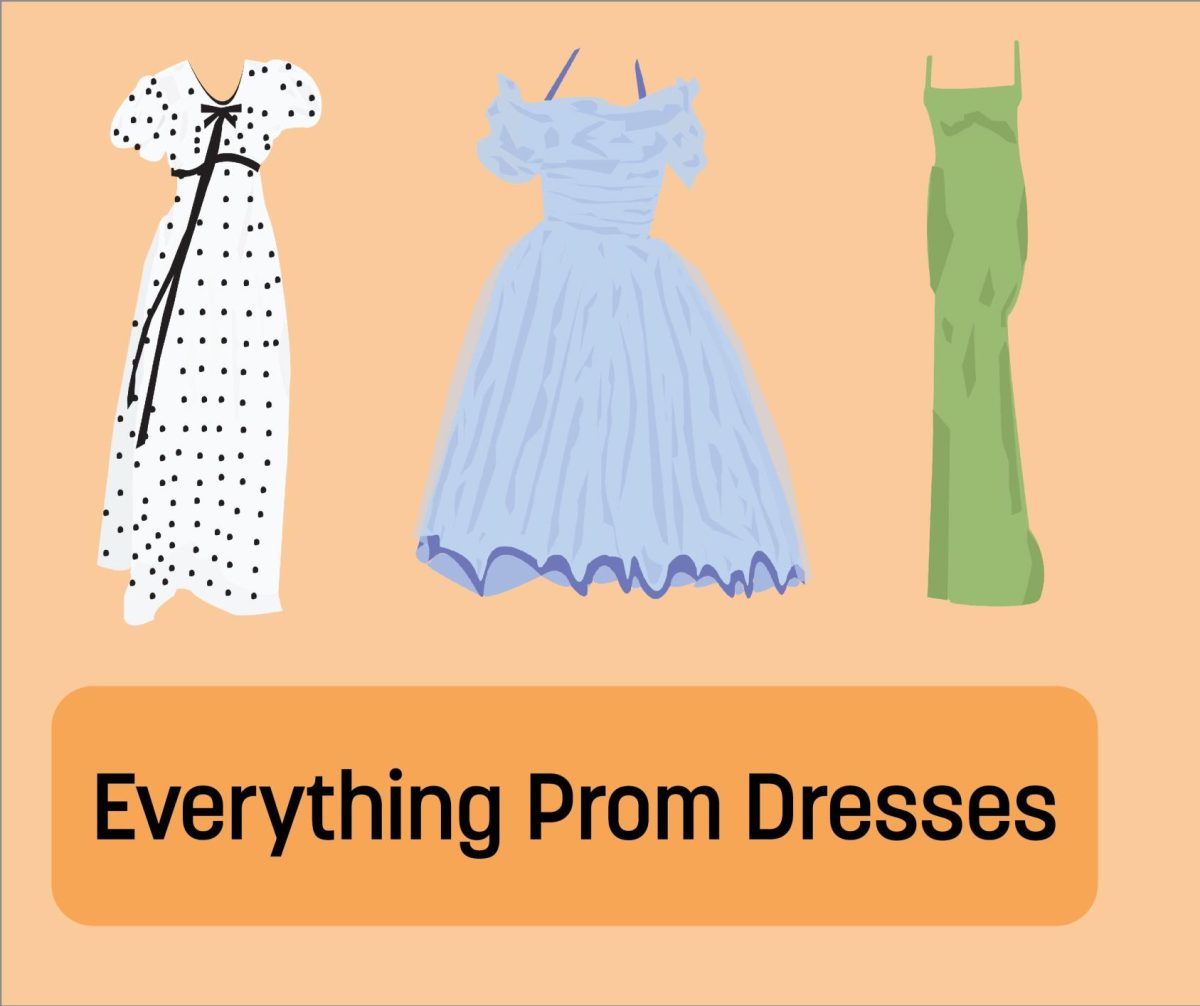

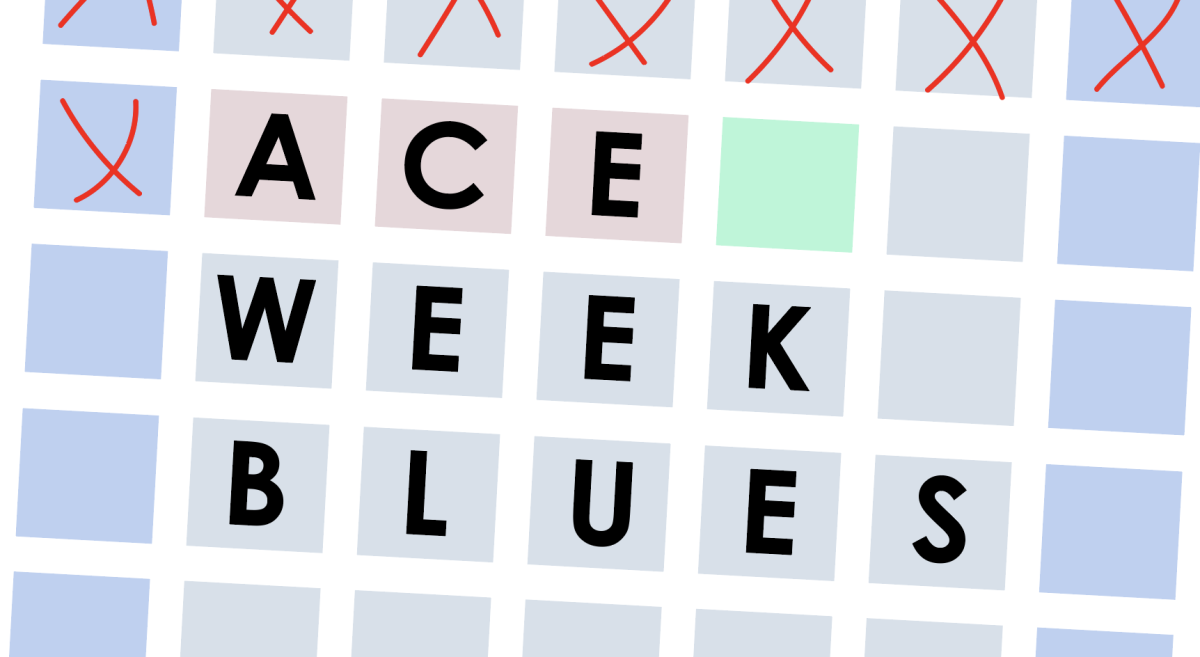








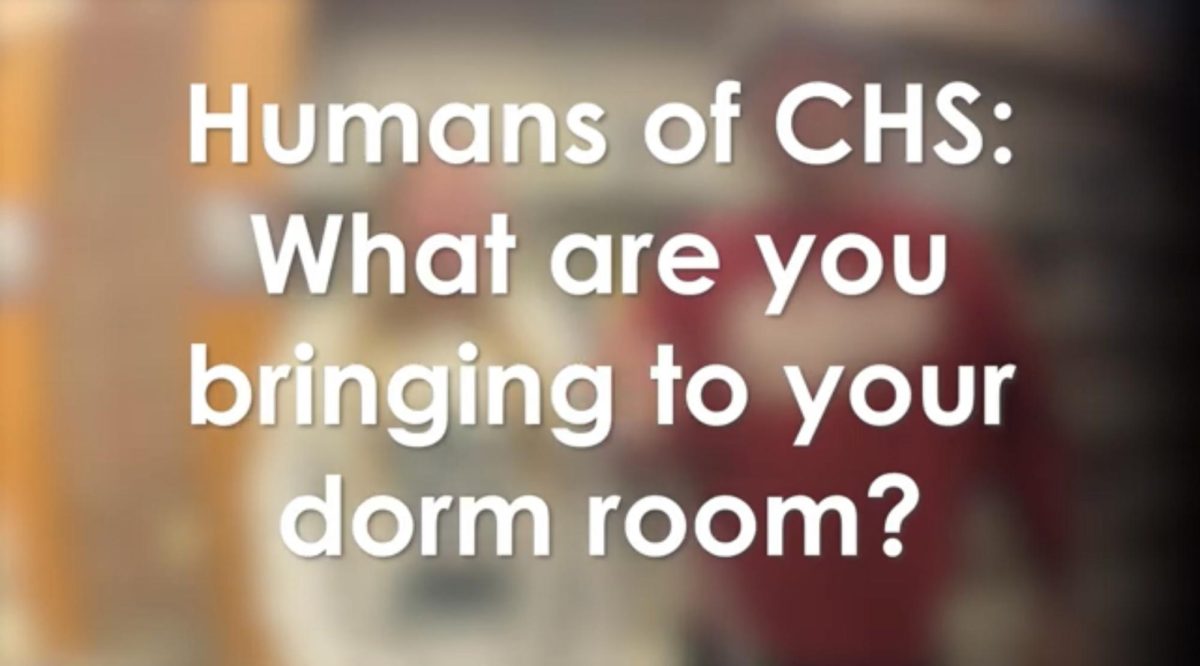









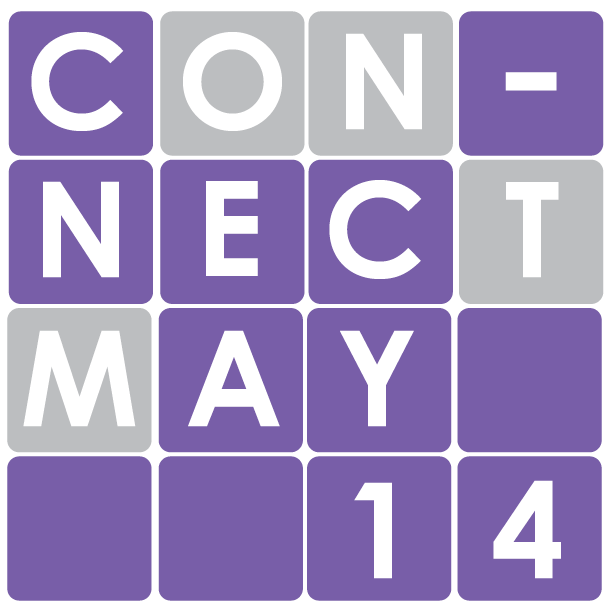

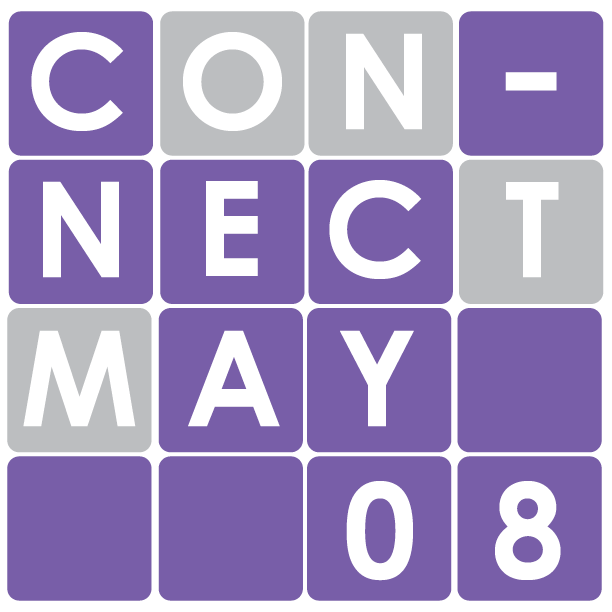

![Review: Taylor Swift’s new album The Tortured Poets Department is not her best work but is still a brilliant album [MUSE]](https://hilite.org/wp-content/uploads/2024/05/The-Anthology_Cover-1200x675.webp)
![Review: Challengers does it all [MUSE]](https://hilite.org/wp-content/uploads/2024/05/challengers-poster-1200x600.png)
![Review: A House of Flame and Shadow by Sarah J. Maas was a disappointing read [MUSE]](https://hilite.org/wp-content/uploads/2024/05/house-of-flame-and-shadow-feature.png)
![Review: Conan Gray’s new album, “Found Heaven”, is a refreshing twist on modern music [MUSE]](https://hilite.org/wp-content/uploads/2024/05/Screenshot-2023-10-31-at-16.01.05.webp)
![Review: “Bodies, Bodies, Bodies” is the quintessential Gen-Z movie [MUSE]](https://hilite.org/wp-content/uploads/2024/05/Screenshot-2024-05-15-140618.png)
![Review in Print: Maripaz Villar brings a delightfully unique style to the world of WEBTOON [MUSE]](https://hilite.org/wp-content/uploads/2023/12/maripazcover-1200x960.jpg)
![Review: “The Sword of Kaigen” is a masterpiece [MUSE]](https://hilite.org/wp-content/uploads/2023/11/Screenshot-2023-11-26-201051.png)
![Review: Gateron Oil Kings, great linear switches, okay price [MUSE]](https://hilite.org/wp-content/uploads/2023/11/Screenshot-2023-11-26-200553.png)
![Review: “A Haunting in Venice” is a significant improvement from other Agatha Christie adaptations [MUSE]](https://hilite.org/wp-content/uploads/2023/11/e7ee2938a6d422669771bce6d8088521.jpg)
![Review: A Thanksgiving story from elementary school, still just as interesting [MUSE]](https://hilite.org/wp-content/uploads/2023/11/Screenshot-2023-11-26-195514-987x1200.png)
![Review: When I Fly Towards You, cute, uplifting youth drama [MUSE]](https://hilite.org/wp-content/uploads/2023/09/When-I-Fly-Towards-You-Chinese-drama.png)
![Postcards from Muse: Hawaii Travel Diary [MUSE]](https://hilite.org/wp-content/uploads/2023/09/My-project-1-1200x1200.jpg)
![Review: Ladybug & Cat Noir: The Movie, departure from original show [MUSE]](https://hilite.org/wp-content/uploads/2023/09/Ladybug__Cat_Noir_-_The_Movie_poster.jpg)
![Review in Print: Hidden Love is the cute, uplifting drama everyone needs [MUSE]](https://hilite.org/wp-content/uploads/2023/09/hiddenlovecover-e1693597208225-1030x1200.png)
![Review in Print: Heartstopper is the heartwarming queer romance we all need [MUSE]](https://hilite.org/wp-content/uploads/2023/08/museheartstoppercover-1200x654.png)











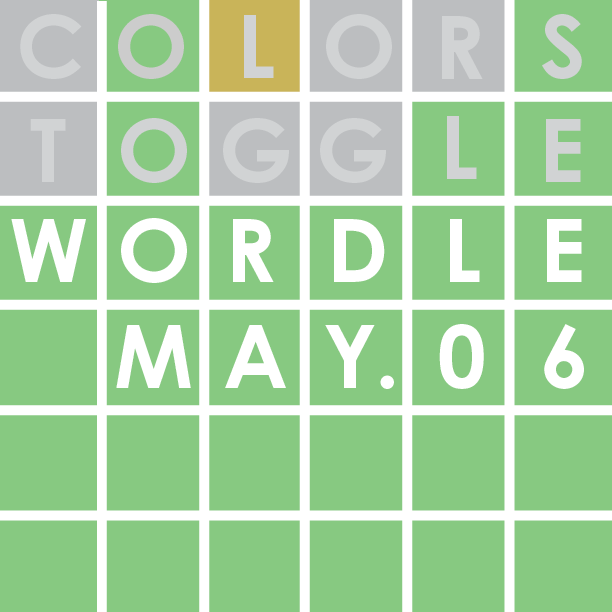

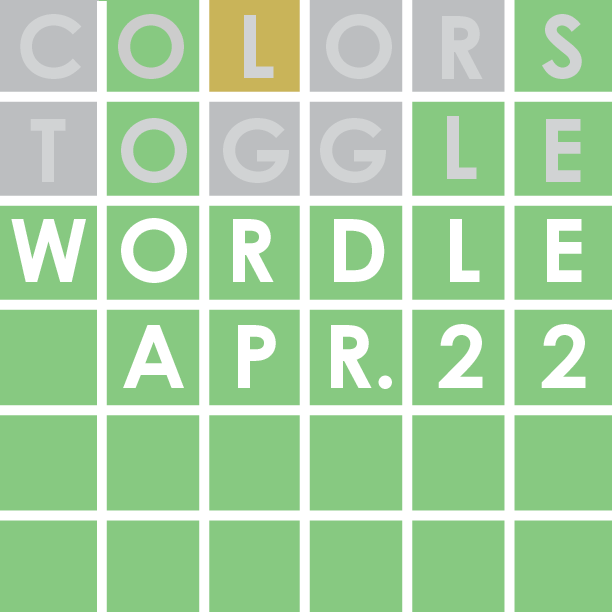








![Review: “Ginny & Georgia” is a dramatic and poorly made emotional rollercoaster–and I loved it anyway [MUSE]](https://hilite.org/wp-content/uploads/2024/03/ginny-and-georgia-season2-main-be37bbb9487a41e88b3f66c3baacd5c3-300x177.jpg)
![Review: Witch Hat Atelier is a masterpiece in art and world-building, but the story has only begun [MUSE]](https://hilite.org/wp-content/uploads/2024/01/unnamed-211x300.png)
![Review: “Mysterious Lotus Casebook” is an amazing historical Chinese drama [MUSE]](https://hilite.org/wp-content/uploads/2024/03/0-300x170.webp)
![Review: “A Little Life” by Hanya Yanagihara is the epitome of a heartwrenching masterpiece [MUSE]](https://hilite.org/wp-content/uploads/2024/01/unnamed-5-300x200.png)


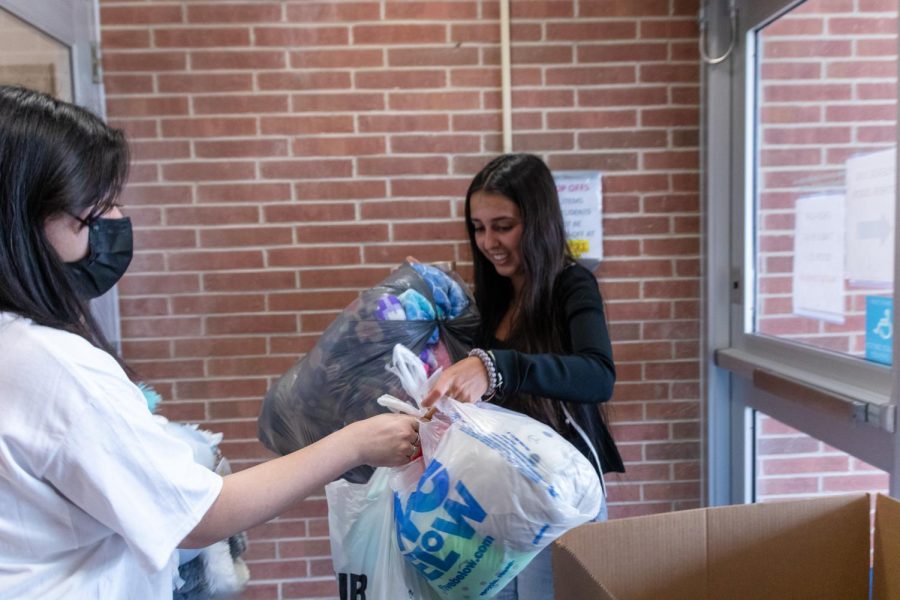
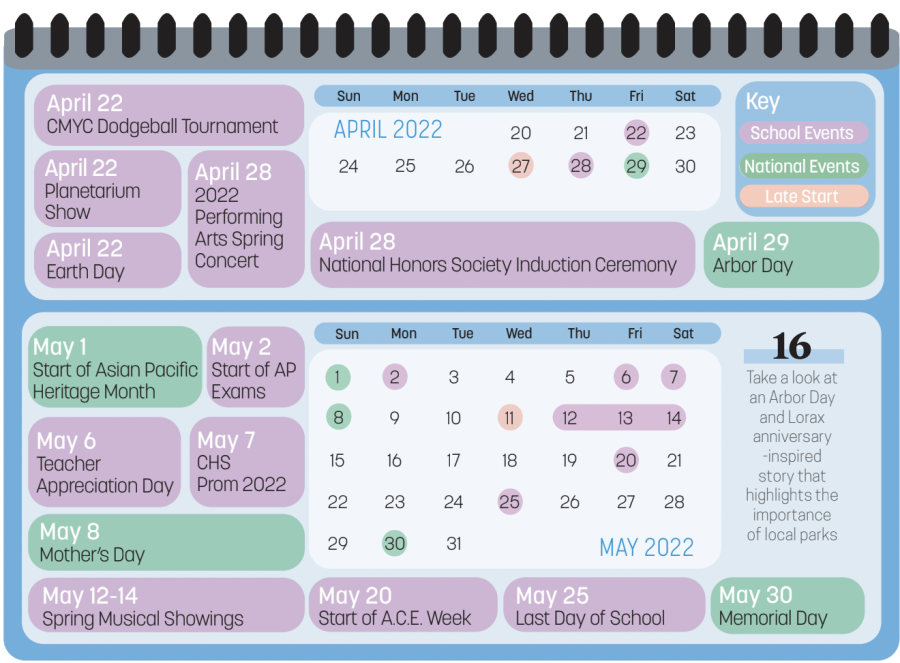

joshua king • Dec 18, 2013 at 3:48 pm
she has the right idea to argue that every one need to learn how they are in the world and evenchualy people will become nice